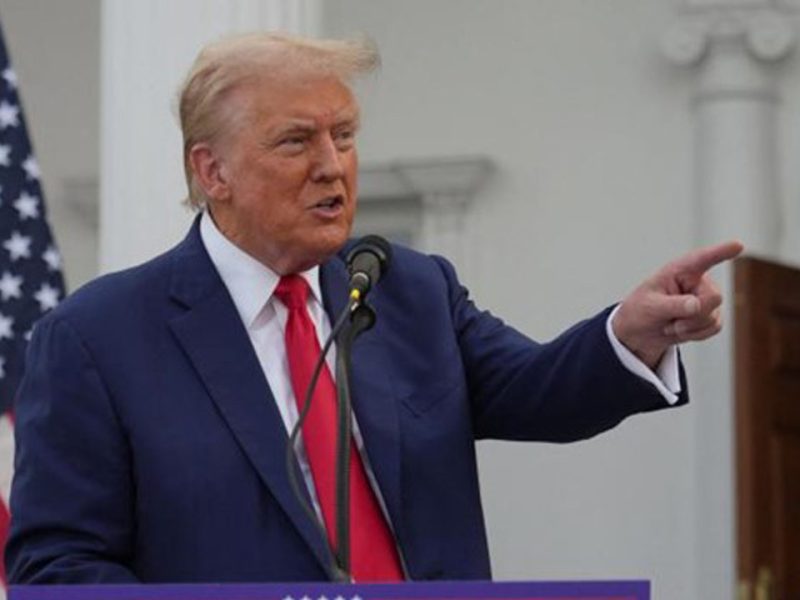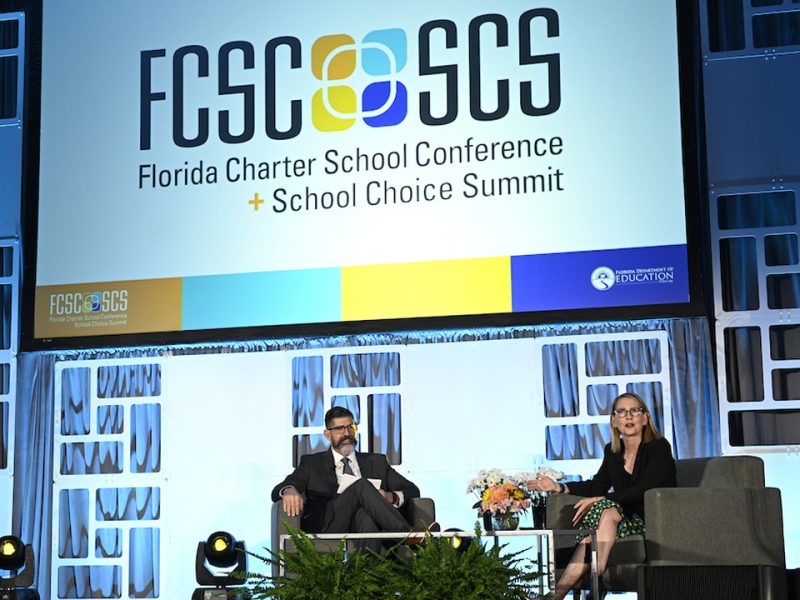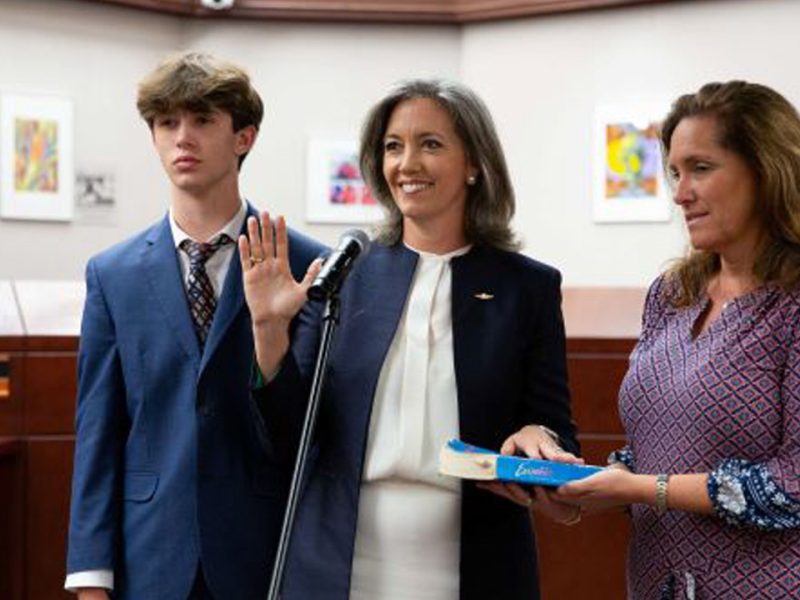Florida, textbook company spar in pricing probe
CBS Miami | By CBS Miami Team | July 26, 2022
TALLAHASSEE – A textbook company is pushing back against a subpoena issued by Attorney General Ashley Moody’s office in an investigation into pricing of school instructional materials, saying the state’s request for documents involves scrutinizing millions of emails and would cost hundreds of thousands of dollars.
Moody’s office last month issued a subpoena to Savvas Learning Company, LLC, seeking information about discounts on instructional materials offered to Florida school districts.
But the New Jersey-based company on Thursday filed a motion in Leon County circuit court asking Judge J. Lee Marsh to “modify or set aside” the subpoena and issue a protective order blocking some of the documents from public scrutiny.
The attorney general’s probe comes after a whistleblower alleged that publishers might be violating state law by providing free or discounted instructional materials to some districts but not offering the same deals to all 67 counties.
Under Florida law, publishers are required to charge all districts the lowest price they charge for materials anywhere else in the state or country.
The whistleblower’s allegations prompted the Small School District Council Consortium, made up of districts in 39 rural and fiscally constrained counties, to ask Gov. Ron DeSantis and other state leaders to investigate. After learning they could have paid thousands of dollars more for materials than their larger counterparts, school officials in some of the state’s poorest counties also are seeking retroactive reimbursements or credits for future purchases.
“Once the investigation is complete, we look forward to some element of compensation or credit for future purchases,” Chris Doolin, a lobbyist who represents the consortium and who alerted the group’s school superintendents about the issue, told The News Service of Florida this week. “This issue is not complex. It’s simple. The law is clear. Special deals are to be given to everyone. And the fix is easy: Follow the law.”
The subpoena, issued June 16, said Moody’s office is investigating Savvas to determine whether “there is, has been or may be a violation of … the Florida False Claims Act” and initially gave the company until July 21 to hand over a trove of records.
The state requested “all documents relating to sales of instructional materials to any Florida school district, including but not limited to quotes, proposals, offers, price and/or cost estimates, pricing files and worksheets, purchase orders, and invoices.”
The state also asked for “all documents relating to instructional materials discounts for any Florida school district,” along with “all documents, communications, policies, or agreements relating to how instructional materials discounts for any Florida school district are effected, executed, handled, administered, or carried out.”
The subpoena also sought information including “all communication with any school district” related to the discounts and communications related to discounts with the Florida School Book Depository, a for-profit company that distributes instructional materials for publishers.
But in the motion last week, Savvas argued the subpoena should be “set aside” because, in part, it failed to identify the company’s purported wrongdoing.
“There is no reference anywhere in the subpoena to any alleged conduct that constitutes a violation of the FFCA (Florida False Claims Act) that has occurred or is imminent,” lawyers for Savvas wrote.
The company, which is represented by the Holland & Knight law firm, also maintained that the state’s request for information is too broad.
While Savvas’ motion said, “apparently other publishers” are being probed, it’s unclear whether Moody’s office is investigating other companies.
Kylie Mason, a spokeswoman for Moody, said the attorney general’s office cannot comment at this time “as this matter is ongoing.”
According to the motion, lawyers for Moody and Savvas held discussions about the state’s records request after the subpoena was issued. As a result, Moody’s office agreed to shorten the time frame for the records from 11 years to five years and gave Savvas until Aug. 31 to release them.
But Savvas argued that the “extremely broad scope” of the state’s subpoena sweeps in “every communication with any school district” relating to every order for instructional materials, as well as all internal emails among Savvas employees about the orders, including “pricing strategies.”
Savvas would have to review over 3.8 million electronically stored documents in the files and email accounts of at least 40 employees, Young J. Yoo, a company vice president and general counsel, said in a declaration included with Thursday’s motion.
Yoo estimated the company had at least 6,000 orders for instructional materials sold to Florida districts since it started doing business in the state in 2017.
The review and production process for the requested records “is estimated to cost at least several hundred thousand dollars and take at least an additional three months to complete,” according to Yoo.
As an example, Yoo said the company pulled data for a purchase by Brevard County last year of a “core literacy program” through the Florida School Book Depository. The search resulted in more than 200 invoices.
“While not all orders involve this many invoices, each order may generate multiple invoices,” he said.
Yoo also argued that June, July, and August are typically Savvas’ busiest months, as the company handles orders from districts throughout the country preparing for the start of the school year. The motion said it will be “impossible” for Savvas to produce the requested documents by Aug. 31.
The state establishes a price for instructional materials, and each item on a list of approved instructional materials is available for purchase by districts. Districts can buy items directly from publishers or through the Florida School Book Depository, which lists dozens of publishers and thousands of products on its website.
But the whistleblower, identified as “John/Jane Doe,” alleged that some districts received special deals that effectively reduced the per-unit cost of materials. The deals weren’t offered to all districts, according to letters sent to state officials by attorneys representing the whistleblower.
The letters included details about prices school districts paid for instructional materials, including some items that were provided free-of-charge or at a cost of a penny per unit. The free or deeply discounted items reduced the per-unit cost in what allegedly is a violation of state law, according to letters sent by Doe’s lawyers, William Spicola — a former general counsel for former Gov. Rick Scott — and Adam Komisar.






